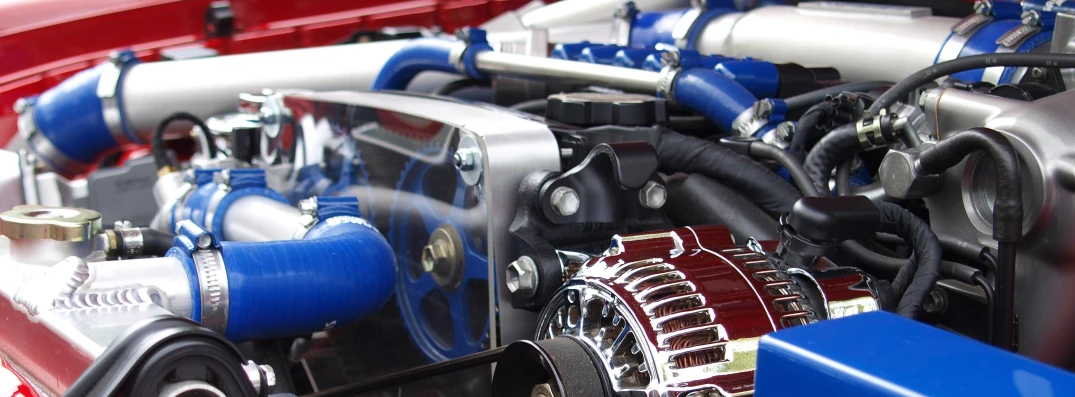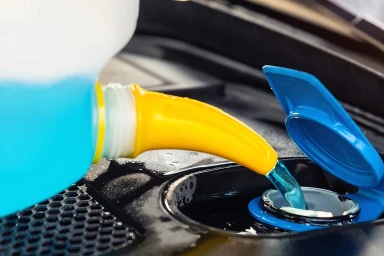Chemical Compatibility of Silicone Hoses with Automotive Coolants

Introduction
In the automotive industry, the compatibility of materials with coolants is a paramount concern. Manufacturers need to ensure that the components used in engines can withstand exposure to various coolants without deteriorating. While many materials struggle with coolant compatibility, silicone hoses stand out as a resilient and reliable choice. This article explores the exceptional chemical compatibility of silicone hoses with common automotive coolants and provides data to illustrate their performance.
The Importance of Chemical Compatibility
Automotive coolants are critical for regulating engine temperature, preventing freezing, and inhibiting corrosion. However, these coolants can pose challenges for certain materials, leading to degradation, leaks, and other issues. It is, therefore, essential to choose materials that can withstand the chemical environment within the cooling system.

Silicone Hoses and their Superior Chemical Compatibility
Silicone hoses have gained popularity in the automotive industry due to their exceptional chemical compatibility with a wide range of coolants. Unlike some rubber materials, which may degrade or become brittle over time, silicone hoses maintain their integrity when exposed to coolants. The exceptional chemical compatibility of silicone hoses is a result of their unique molecular structure and high-quality manufacturing.
Common Automotive Coolants
Let's take a look at some of the most commonly used coolants in the automotive sector:
Ethylene Glycol (EG)
Ethylene glycol-based coolants are widely used in automotive applications. They provide excellent freeze protection and help prevent corrosion within the engine's cooling system.

Propylene Glycol (PG)
Propylene glycol-based coolants are another common choice, often used as an environmentally friendly alternative to ethylene glycol. They offer similar freeze protection and corrosion prevention.
Organic Acid Technology and Hybrid Organic Acid Technology
Organic Acid Technology (OAT) Coolants
OAT coolants contain organic acid inhibitors and are designed to provide extended protection against corrosion and scaling. They are often used in modern vehicles.
Hybrid Organic Acid Technology (HOAT)
HOAT coolants combine the benefits of traditional coolants and OAT coolants, offering enhanced corrosion protection and compatibility with various materials.
Chemical Compatibility Data
Silicone hoses exhibit remarkable chemical compatibility with the coolants mentioned above, as well as with others commonly used in the automotive industry. The table below provides an overview of the compatibility of silicone with various coolants:
|
Coolant Type |
Silicone Hose Compatibility |
|
Ethylene Glycol (EG) |
Excellent |
|
Propylene Glycol (PG) |
Excellent |
|
Organic Acid Tech (OAT) |
Excellent |
|
Hybrid OAT (HOAT) |
Excellent |
It's important to note that silicone hoses maintain their structural integrity, flexibility, and sealing properties when in contact with these coolants, ensuring that the cooling system functions optimally.
Conclusion
The chemical compatibility of silicone hoses with a wide range of automotive coolants makes them a top choice for engine manufacturers. Their ability to withstand exposure to coolants without degrading, cracking, or becoming brittle ensures the long-term reliability of cooling systems. When selecting materials for automotive applications, silicone hoses are a smart and reliable option, providing peace of mind for both manufacturers and vehicle owners.






